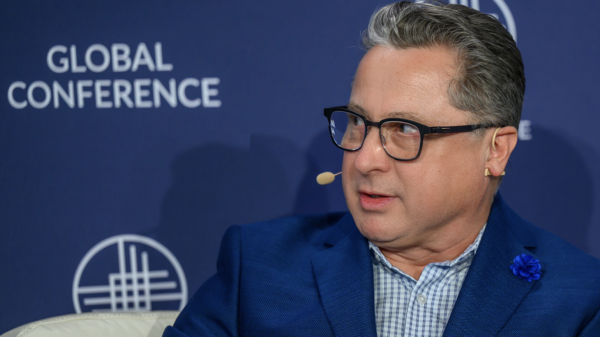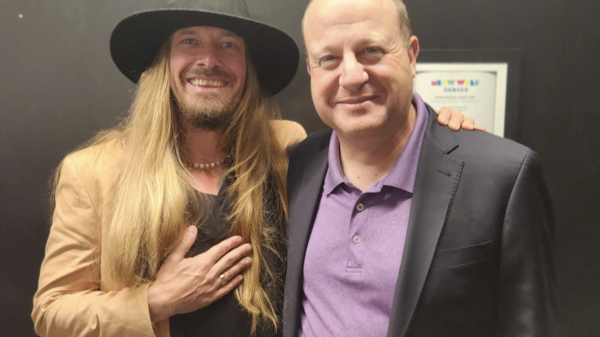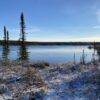A Swedish non-profit is investing €3.3 million in psychedelics research so the country can become a more established influence in the field.
The Norrsken Foundation announced the creation of the Norrsken Mind: Psychedelic Science Initiative on Wednesday, which will be focused on investigating the potential of psychoactive substances for the treatment of mental health conditions.
The funds will initially be utilized for studies on psilocybin and MDMA-assisted therapy at the Karolinska Institutet, a prestigious medical school in Stockholm and Umeå University — a public research institute in northern Sweden. The foundation hopes these studies will provide it with insight into cognitive and neurobiological changes linked to psilocybin therapy and the efficacy of MDMA for treating depression in young adults.
Norrsken says the study being planned on MDMA would be the first of its kind in the country and that Norrsken Mind was created to help the country “catch up” to the rest of the world in psychedelics research, a rapidly developing field with significant implications for mental health.
“There are plenty of interested researchers in Sweden and across Europe, and with the right funding and conditions in place, we can help them investigate more effective treatment options, accelerate psychedelic research, and ensure that Sweden does not stay behind the rest of the world,” said Norrsken Mind’s Managing Director Emma Christersson.
Through fundraising and grant opportunities, we will catalyse more research in Sweden and across Europe to improve the understanding of psychedelic-assisted treatments, including their potential risks and effectiveness.
— Norrsken Mind (@NorrskenMind) September 13, 2023
Read more: Silo Pharma to test a novel experimental intranasal formulation for PTSD
Read more: AI shows potential for predicting psilocybin therapy outcomes: COMPASS study
Norrsken aims to fund research throughout Europe in the future
Approximately $840,000 will be allocated to the psilocybin and MDMA studies and the initiative has made over $3.6 million available for psychedelics research. Norrsken Mind will focus on Sweden to begin with but aims to be able to fund studies throughout Europe in the long term.
“The most important factor in developing more effective mental health treatments is high-quality research, and that requires substantial capital. Through this initiative, we aim to generate more funding to catalyse more much-needed research in this area,” said the foundation’s Co-CEO Funda Sezgi.
The foundation says estimates indicate that costs associated with mental health conditions globally could rise as high as US$6 trillion annually by 2030. Psychedelic therapies have shown promising potential to deter this worrying trend in recent days but further research is still needed.
The news comes days before the Multidisciplinary Association for Psychedelic Studies published data from a Phase III clinical trial on MDMA-assisted therapy in the journal Nature Medicine, a significant development in the field. Notably, the trial found that 37 out of 52 or 71.2 per cent of participants no longer met criteria for having post-traumatic stress disorder by the end of the study.
rowan@mugglehead.com













